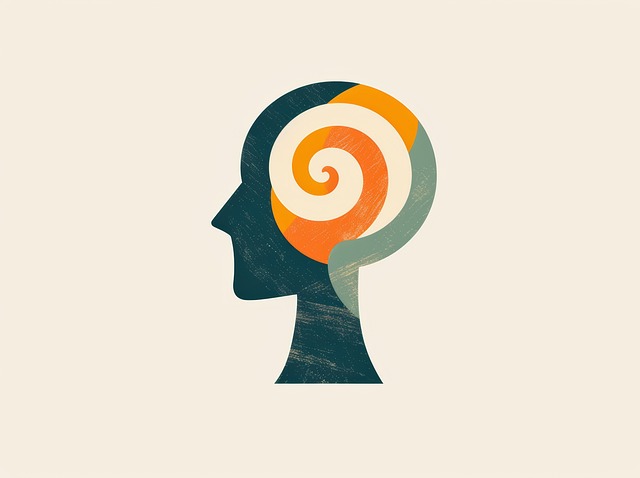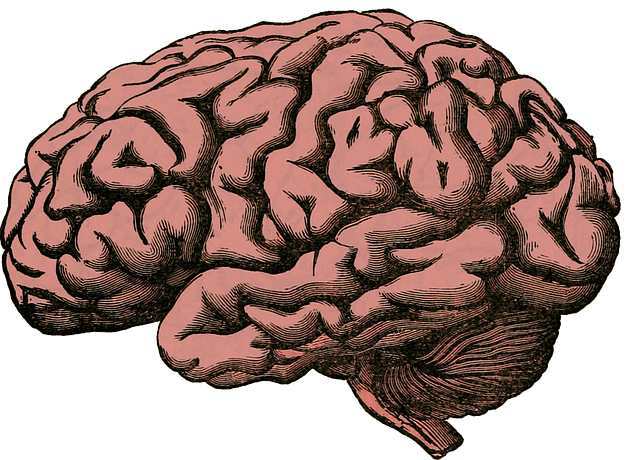TL;DR:
Stress is a major issue for young adults, often stemming from academic pressure, career aspirations, and rapid lifestyle changes. Dialectical Behavioral Therapy (DBT) offers an effective solution by teaching emotional regulation, coping skills, and resilience. DBT combines cognitive behavior techniques with mindfulness to help young adults manage stress, prevent burnout, and improve well-being. For engaging workshops, interactive methods like guided meditations, role-playing, and skill-building exercises are used, fostering community support through compassion cultivation. By strategically planning, diversifying formats, and incorporating the latest DBT research, these workshops cater to diverse needs while ensuring continuous improvement based on feedback.
Stress management workshops play a crucial role in empowering young adults to navigate life’s challenges. This article explores effective strategies for organizing such programs, focusing on Dialectical Behavioral Therapy (DBT), a proven approach for mental well-being. We’ll delve into designing engaging workshops, implementing DBT techniques, and continuous improvement tactics. By understanding the impact of stress on youth and utilizing evidence-based therapy, organizations can foster resilience and promote healthier living among young adults.
- Understanding Stress and Its Impact on Young Adults
- Introducing Dialectical Behavioral Therapy (DBT) as an Effective Tool
- Designing Interactive Workshops for Stress Management
- Implementation, Promotion, and Continuous Improvement Strategies
Understanding Stress and Its Impact on Young Adults

Stress is a prevalent issue among young adults, often stemming from academic pressures, career aspirations, and the relentless pace of modern life. It can manifest as anxiety, depression, or even burnout, significantly impacting their overall well-being and quality of life. Understanding the root causes and effects of stress is essential in developing effective coping strategies for this demographic.
Dialectical Behavioral Therapy (DBT) has emerged as a popular and successful therapy for young adults. It focuses on building resilience, teaching coping skills, and fostering emotional regulation. By learning to navigate through challenging situations with balance and mindfulness, individuals can enhance their ability to manage stress effectively. This approach not only aids in burnout prevention but also equips them with the tools to lead more balanced and fulfilling lives.
Introducing Dialectical Behavioral Therapy (DBT) as an Effective Tool

Dialectical Behavioral Therapy (DBT) has emerged as a highly effective tool for stress management workshops, especially tailored for young adults. This therapy offers a unique approach to emotional regulation by combining cognitive behavior techniques with mindfulness practices. DBT is renowned for its ability to enhance conflict resolution skills, which are crucial for navigating the challenges that often arise in adolescence and early adulthood. By teaching participants how to manage intense emotions and improve self-esteem, DBT empowers young adults to develop healthier coping mechanisms.
The focus on emotional intelligence is a key aspect of DBT, helping individuals understand and respond adaptively to their feelings. This therapy encourages self-awareness, effective communication, and the development of healthy interpersonal relationships. Through these techniques, participants gain valuable tools to handle stress, improve overall well-being, and foster a positive sense of self in their personal and professional lives.
Designing Interactive Workshops for Stress Management

Designing interactive workshops for stress management among young adults involves incorporating dynamic and engaging techniques that go beyond traditional lecture-style sessions. Incorporating Dialectical Behavioral Therapy (DBT) principles, which emphasize mindfulness, emotional regulation, distress tolerance, and interpersonal effectiveness, ensures a comprehensive approach to therapy. For instance, activities such as guided meditations, role-playing scenarios, and skill-building exercises help participants internalize these concepts actively.
Integrating Compassion Cultivation Practices can further enhance the workshop’s effectiveness by fostering a sense of connection and understanding among attendees. This not only complements DBT but also strengthens community outreach program implementation by encouraging peer support and collaborative problem-solving. Additionally, focusing on Coping Skills Development equips young adults with practical tools to navigate stress, anxiety, and related challenges, ultimately promoting their overall well-being and resilience.
Implementation, Promotion, and Continuous Improvement Strategies

Implementing stress management workshops requires a strategic approach to ensure their effectiveness and appeal to the target audience, specifically young adults seeking therapy for anxiety relief and coping skills development. The initial phase involves careful planning and promotion to attract participants. Utilizing social media platforms and partnering with local mental health organizations can help spread awareness about these life-changing sessions. Offering diverse formats like online and in-person workshops caters to different preferences, enhancing accessibility.
Continuous improvement is key to sustaining the success of these initiatives. Post-workshop feedback from attendees provides valuable insights for refining content and delivery methods, ensuring emotional regulation techniques are effectively taught. Regularly updating the curriculum with the latest research in dialectical behavioral therapy (DBT) can empower young adults with cutting-edge tools for managing stress and improving overall well-being.
Stress management workshops designed using Dialectical Behavioral Therapy (DBT) principles offer a promising approach to empowering young adults with effective coping strategies. By incorporating interactive elements, these workshops not only enhance understanding of stress but also equip participants with skills to navigate and manage their mental health. As the demand for therapy for young adults continues to grow, DBT-informed programs can significantly contribute to improving overall well-being in this demographic.








